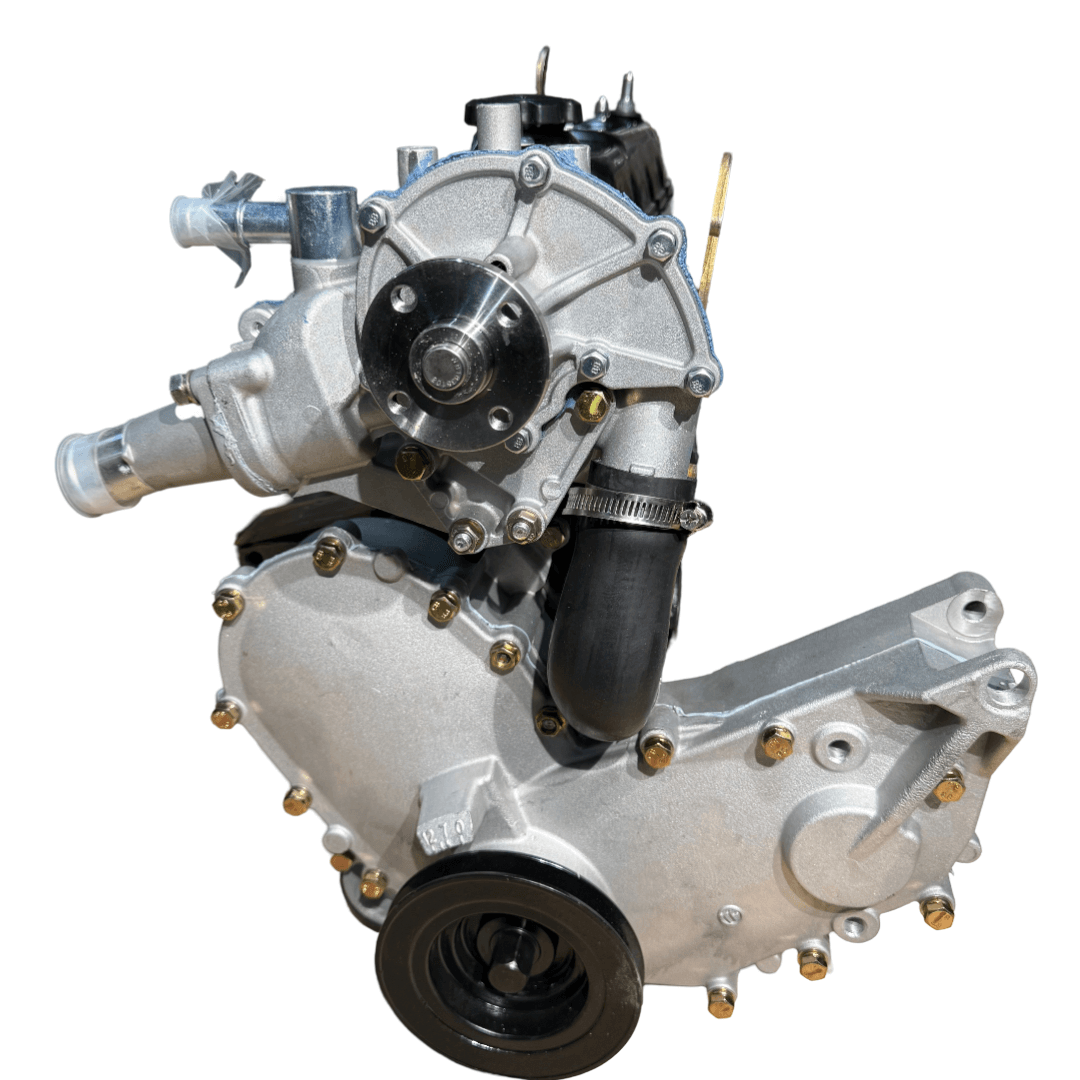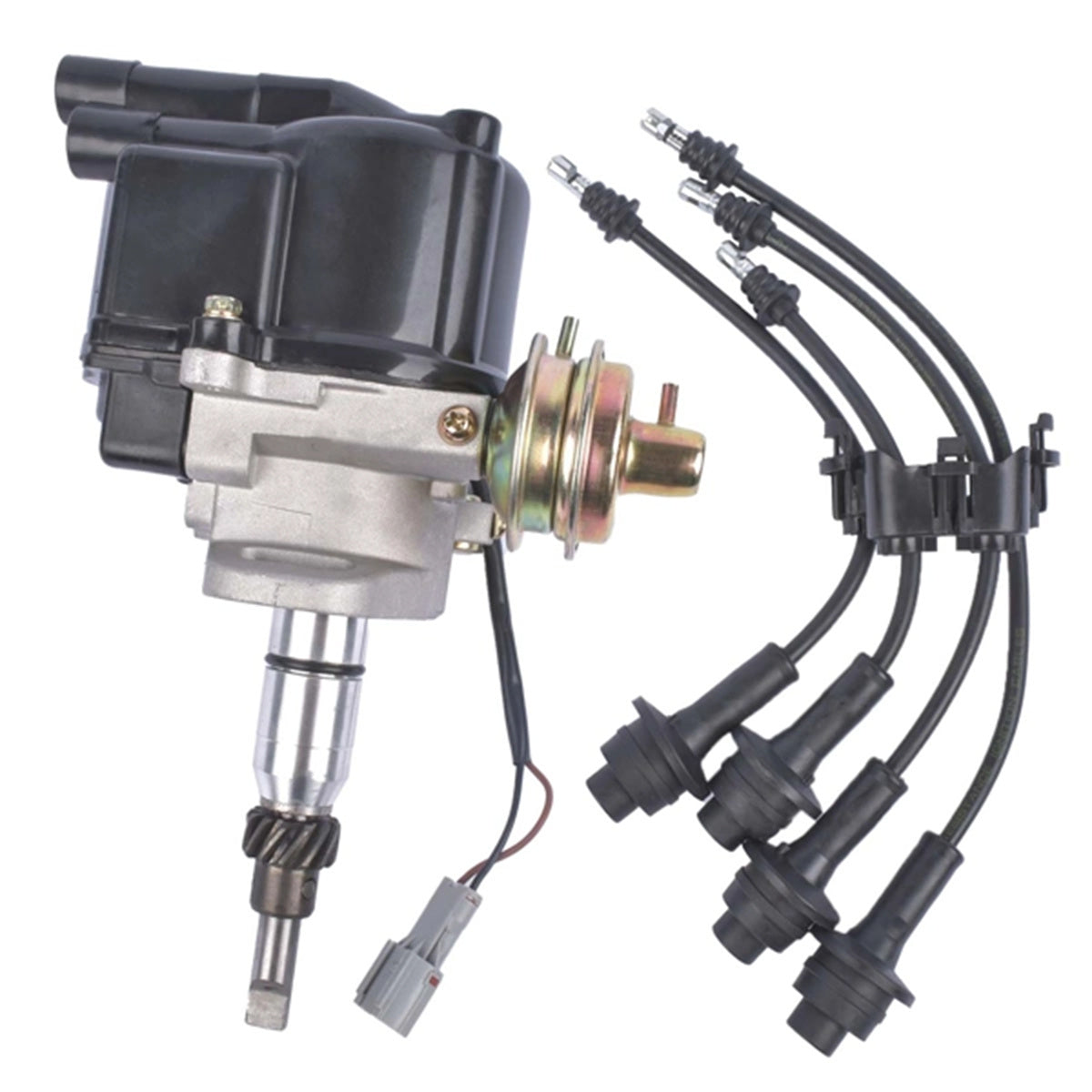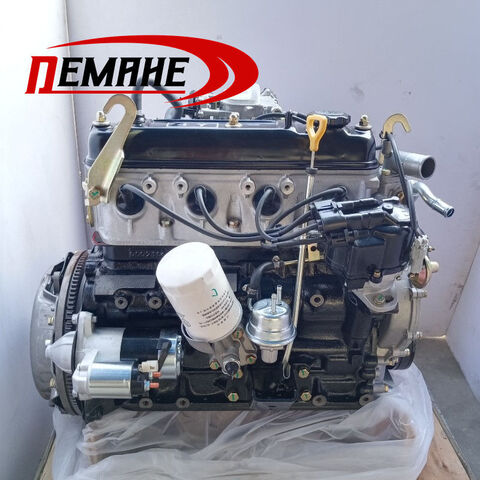A Complete Guide to Understanding the 4Y Engine’s Performance Capabilities
A Complete Guide to Understanding the 4Y Engine’s Performance Capabilities
Blog Article
Discovering the Numerous Kinds Of Engine: Which One Fits Your Requirements?
In the pursuit to determine the most appropriate engine kind for your specific demands, it is crucial to assess the unique qualities and benefits of each choice offered. Interior combustion engines remain to control because of their dependability, while electrical engines are getting grip for their sustainability. Crossbreed engines use a flexible concession, and diesel motor attract attention for their power in demanding applications. Additionally, alternative fuel engines present innovative services, albeit with specific restrictions. Comprehending your top priorities will certainly be crucial in this decision-making procedure, causing an expedition of variables that might influence your choice.

Interior Combustion Engines
Internal combustion engines (ICEs) are the foundation of modern-day transportation, powering a large array of lorries from vehicles to airplanes. These engines operate the principle of converting fuel into power via a series of regulated explosions within a burning chamber. The most usual sorts of ICEs consist of gas engines, diesel engines, and rotating engines, each developed to fulfill particular efficiency and effectiveness demands.
Gas engines usually utilize stimulate ignition, while diesel engines rely upon compression ignition, resulting in distinctive differences in gas efficiency and power outcome (4y engine). Rotary engines, or Wankel engines, use a compact layout and smooth operation, yet are less commonly made use of in mainstream applications
ICEs have undertaken substantial improvements in innovation, consisting of the intro of turbocharging and fuel injection systems, which boost overall effectiveness and efficiency. Regardless of their efficiency enhancements, ICEs encounter increasing examination as a result of their ecological impact, especially regarding greenhouse gas discharges. As the auto industry advances, the future of ICEs stays a subject of argument, stabilizing performance, performance, and environmental considerations. They continue to play an essential function in international transport infrastructure.
Electric Engines
As worries concerning ecological sustainability and nonrenewable fuel source reliance grow, electrical engines have actually arised as a compelling alternative to inner burning engines. These engines use electric motors powered by batteries or fuel cells, providing a cleaner and extra reliable ways of propulsion.
One of the primary benefits of electrical engines is their decreased emissions. Unlike conventional engines that burn fossil fuels, electrical engines generate absolutely no tailpipe exhausts, significantly reducing air pollution and contributing to improved public health. Additionally, the performance of electrical motors typically surpasses that of interior combustion engines, converting a greater proportion of power from the power resource into useful energy for movement.
Electric engines are also notable for their silent operation, making them ideal for city atmospheres. 4y engine. The simplicity of their layout leads to less relocating components, which can cause decreased upkeep expenses and increased dependability over time
Nonetheless, challenges continue to be, including battery production influences, charging infrastructure, and array restrictions. Regardless of these hurdles, the expanding investment in electrical car modern technology and sustainable power sources factors toward an encouraging future for electric engines, positioned to play an important role in the change toward sustainable transport.
Hybrid Engines
Mixing the benefits of both electric and typical internal burning engines, hybrid engines stand for a flexible solution in the mission for efficient and lasting transportation. These engines integrate a gasoline or diesel engine with an electrical motor, permitting for enhanced fuel efficiency and reduced exhausts contrasted to standard lorries.
Crossbreed engines operate in numerous settings, making use of the electric motor for low-speed driving and the internal combustion engine for higher speeds or when hop over to these guys more power is needed. This dynamic operation not only enhances fuel economic situation yet additionally adds to a smoother driving experience. Regenerative stopping is an additional critical feature, capturing energy generally lost during braking and redirecting it to recharge the battery.

As consumers progressively prioritize eco-friendliness, crossbreed engines attract attention as a useful option, supplying an effective balance of performance, effectiveness, and environmental duty. This adaptability makes them ideal for urban commuting and long-distance traveling alike.
Diesel Motor
Performance and power are characteristics of diesel motor, which have actually long been preferred for their toughness and fuel economy. These engines operate the concept of compression ignition, where air is pressed to a heat prior to gas is infused, igniting it without the demand for stimulate plugs. This procedure allows diesel motor to accomplish higher thermal efficiency contrasted to gas engines, equating into better gas gas mileage and reduced co2 exhausts.
Diesel motor are especially well-suited for heavy-duty applications such as trucks, buses, and industrial equipment, where torque and longevity are vital. Their style typically includes stronger elements to hold up against the higher pressures produced throughout procedure, resulting in longer life span and minimized maintenance expenses.

Different Fuel Engines
While diesel engines have long controlled the landscape of durable power resources, different gas engines are obtaining grip as feasible visit this page choices for a much more sustainable future. These engines make use of a selection of fuels, such as compressed gas (CNG), ethanol, propane, and hydrogen, intending to minimize greenhouse gas emissions and dependence on nonrenewable fuel sources.
One considerable advantage of alternative gas engines is their prospective to lower carbon impacts. CNG engines produce less contaminants contrasted to standard diesel engines, making them suitable for metropolitan transit systems and fleets seeking to boost air high quality. Ethanol, derived from biomass, not just reduces discharges but likewise supports farming economies.
Hydrogen fuel cells stand for an innovative development in this realm, supplying zero-emission power with a chain reaction between hydrogen and oxygen. Challenges such as infrastructure development and production expenses stay challenges to prevalent adoption.
Conclusion
Interior burning engines use dependability, while electric engines prioritize sustainability and decreased maintenance. Hybrid engines combine the benefits of both, boosting performance, whereas diesel engines provide exceptional power and torque for heavy-duty applications.
Hybrid engines provide a flexible concession, and diesel engines stand out for their power in requiring applications. The most usual kinds of ICEs consist of gas engines, diesel engines, and rotating engines, each designed to satisfy particular efficiency and performance demands.
Unlike traditional engines that shed fossil fuels, electrical engines produce no tailpipe emissions, significantly lowering air contamination and contributing to improved public wellness.Hybrid engines run in numerous modes, making use of the electric motor for low-speed driving and the inner combustion engine for higher speeds or when even more power is needed. Crossbreed engines integrate the benefits of both, improving efficiency, whereas diesel engines provide premium power and torque for durable applications.
Report this page